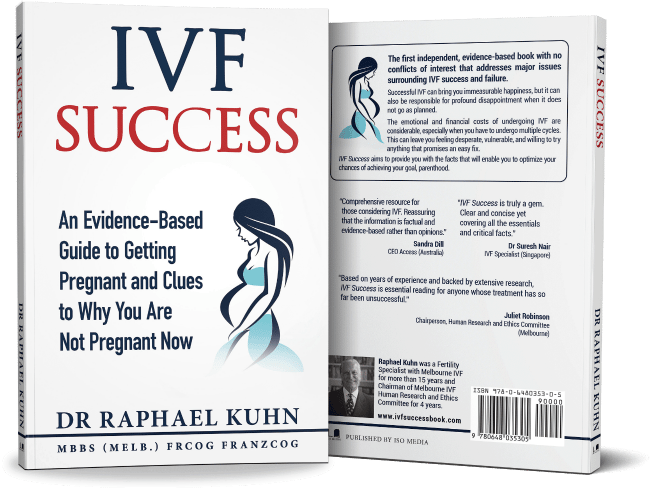The following is an edited extract from ‘IVF Success: An Evidence-Based Guide to Getting Pregnant and Clues to Why You are Not Pregnant Now’ by Dr Raphael Kuhn.
Sally, who was 36, and her husband, Sam, who was 37, were desperate to start a family.
An unexpected inheritance had paid off their mortgage. They tried very hard for six months to get pregnant and were becoming increasingly stressed, especially Sally.
Sally dealt with her stress by talking to her extensive network of girlfriends over multiple cups of coffee and a cigarette or two, and relaxing with her husband over a couple of glasses of white wine in the evenings.
More often than not, they finished the bottle. Sally also tried to cope with her stress by engaging in regular, almost daily, intense gym sessions.
Sam got support from his friends over a few beers on weekends. They joked that there might be a problem with his “swimmers.” As it turns out, there was.
Listen: Meshel Laurie gets very honest about her struggle to get pregnant with a partner who wasn’t interested in having kids.
Sam’s family physician (general practitioner) arranged for him to have a sperm test. This revealed not only a low sperm count, but also a high percentage of abnormal sperm. The test was repeated, and the result was the same.
Sally and Sam were referred to a fertility specialist.
Sound advice
Their fertility specialist insisted on lifestyle changes because alcohol, nicotine, and excessive caffeine intake and exercise are all known to adversely affect chances of both natural and IVF conception.





























































































